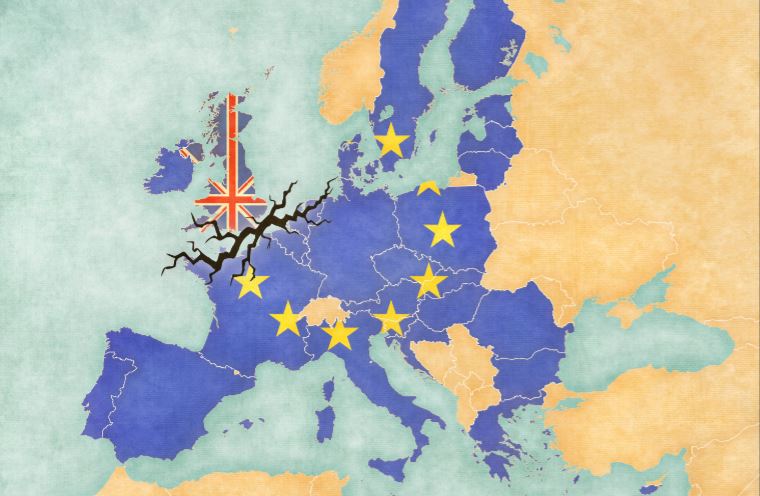Brexit wasting time and money, say Welsh pharma companies

Drug companies in Wales have said that Brexit is wasting time and money that could be otherwise spent on developing new medicines.
The BBC reported that the industry in Wales has put in “robust plans” in case of a no-deal Brexit, as talks with the EU are deadlocked over the issue of the Irish border.
Several large pharma companies have operations in Wales, and in 2015 the Welsh government established a Life Sciences Hub in Cardiff to support the industry’s activities.
But Dr Richard Greville, the Welsh branch director of the Association of the British Pharmaceutical Industry (ABPI) told the BBC that the deadlock is a “challenge” for pharma.
Pharma companies are vulnerable to changes enforced by Brexit because they are currently regulated by the European Medicines Agency (EMA).
This is likely to change after Brexit, with a worst-case scenario being the UK regulator taking on all the work previously done by the EMA.
In this case pharma companies would have to get authorisations for new drugs in the EU and separately in the UK, as well as overcoming any trade restrictions that could come into play in the event of no-deal.
This could lead to extra costs and potential delays getting drugs to patients in Wales, said Greville, who echoed concerns expressed by pharma companies operating across the UK in the build-up to Brexit.
Greville said: “Because of the global nature of the industry, the supply, the frictionless movement of goods is absolutely critical because some medicines are manufactured in the UK, some medicines are manufactured in the EU and some medicines are manufactured in the rest of the world.
“But, basically, if you are a patient in Wales who needs access to that medicine no matter where it's been manufactured you want the access to that medicine to be unrestricted.”
If negotiators reach an agreement with the EU in the coming weeks, the UK is set to leave the EU on 29 March next year, but will continue to follow Brussels’ rules until the end of 2020 when the transition period ends.
Greville said businesses are spending as much as £100 million preparing for Brexit.
He added: “It would be a great pity if it was entirely wasted but perhaps, more importantly, the waste would have been best spent in developing and creating new medicines, which would have been of far greater use to patients across the world.”
According to the report, two companies with operations in Wrexham, Ipsen and Wockhardt, have already been affected.
Nick Davies, who runs Ipsen’s site where 400 people work, said Brexit is a “distraction” for the UK pharma industry.
Meanwhile Sirjiwan Singh, managing director of generics firm Wockhardt UK, said doing regulatory and licensing work for both the UK and EU is going to have a “major impact” on the business.











